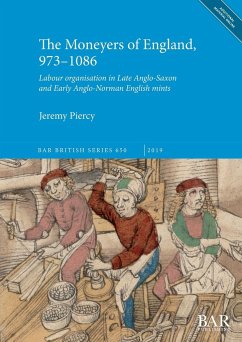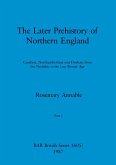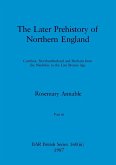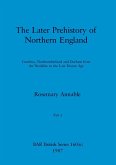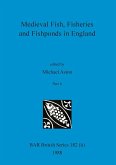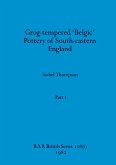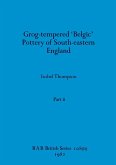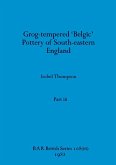The book examines the moneyers, those men responsible for minting the king's coinage, within developing urban society in England during the tenth and eleventh centuries to address both their status and whether the internal workplace organisation of the mints might reflect the complexity of an Anglo-Saxon 'state'. In reviewing the minting operation of late Anglo-Saxon England, and the men in charge of those mints, a better picture of the social history of pre-Conquest England is realised. These men were likely part of the thegnly or burgess class and how they organised themselves might reflect broader trends in how those outside of the aristocracy acted in response to royal directives. The book outlines a new and innovative method of analysing the organisation of labour in Medieval England. These new techniques and methodologies provide support for a previously unknown level of complexity in English minting.Accompanying the book are several digital downloads, including the Moneyers of England Database, 973-1086, consisting of information on 3,646 periods of moneyer activity derived from 28,576 individual coins produced at ninety-nine geographic locations.
Hinweis: Dieser Artikel kann nur an eine deutsche Lieferadresse ausgeliefert werden.
Hinweis: Dieser Artikel kann nur an eine deutsche Lieferadresse ausgeliefert werden.
